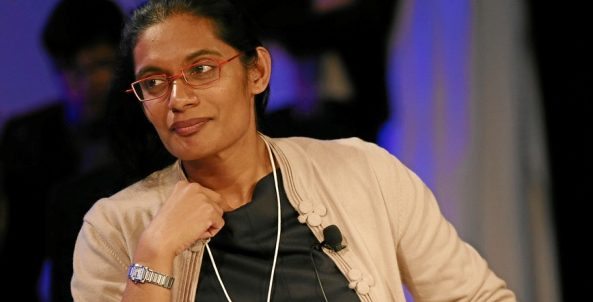Source: ESI Africa
Considering Africa’s vast natural resources and capacity to take up renewable energy generation, Jasandra Nyker shares her two cents on the perceived and real risks.
When BioTherm ventured into developing renewable energy projects outside of its home base in early 2014, I was firmly of the view that we would be able to take projects from the initial securing of land to commercial operations within three years, as we had done in the first round of renewable projects under the REIPPP programme in South Africa.
However, three years on, this is not been the case, and for the impatient person like me, this does not bode well. Having said that, the rate at which renewable energy is being deployed on our continent has ever slightly improved. But, what can we (all) do to catalyse this much required need to develop energy projects?
Sense of urgency a prerequisite
First and foremost, a mindset change is imperative… by everyone involved in the process in order to bring projects to fruition. We all need to buy into the fact that power deployment needs to be implemented with a sense of urgency.
Developers and technology suppliers understand this, as every month of delay brings an additional month of overheads and third party costs to be covered. It is not surprising that extended delays weighs heavily on the developer and supplier and the associated internal rate of return (IRR) impact on the project.
It is equally important, as we move to an environment where procurement is done by tender rather than bilateral negotiation, that governments and regulators running tenders obtain (preferably through the promulgation of law) the necessary buy in from all parties of its respective governing bodies before a tender is initiated.
Standing the test of time
It should also ensure that such a programme will stand the test of time, even when there is a change in the political party leading its government. This will ensure that the rules of engagement do not change mid-stream and that a firmly set timeline is implemented for such procurement.
Once a timeline is set, the procuring entity should do its utmost to ensure that it is adhered to without delays. All too often, after an election, developers and its investors are exposed to new rules and requirements, which cause costly delays. Power procurement should not be political but should be a means to meeting a basic need for all Africans.
A sense of urgency, however, does not mean that one can skip over steps in the development process. Ensuring that a project is bankable from the very start is important. Rather focus on conducting the first key steps in development, but do it right the first time. This approach will prevent delays at a later point in time in the project development phase, which often arise as a project is about to reach financial close- but missing a few, but important, requirements in order to obtain lender sign-off.
The all-important cost-reflective tariff
Don’t assume that a tariff (price for power) announced in one country, will work for another. Securing 2 or 3 USD cents in the Middle East is based on a completely different set of assumptions including financing and tax, to what one will be able to achieve in Madagascar, for example. Evaluate tariff based on the project size, its location, and all of its associated
constraints and opportunities
It is not necessary that all power should come from a utility. Access of electricity through off-grid solutions will by far be one of the greatest catalytic changes to our African energy universe in the next decade. This is not only a solution to serve very rural communities but will be a flexible and cost-effective solution as cities, businesses and economies grow.
The need for energy security and security of supply across Africa is dire, and “within the fence” solutions are often implemented at a much faster rate rather than IPP solutions with utilities. In addition, off-grid combined with energy storage is no longer an unusual request and will soon become a cost-effective one.
To echo President Adesima of the AfBD, “Nothing is more important to Africa than access to power”. Let’s make it happen.
The views expressed in this article are of the personal views of Jasandra Nyker, CEO of BioTherm.
Source: ESI Africa

Leave a Reply